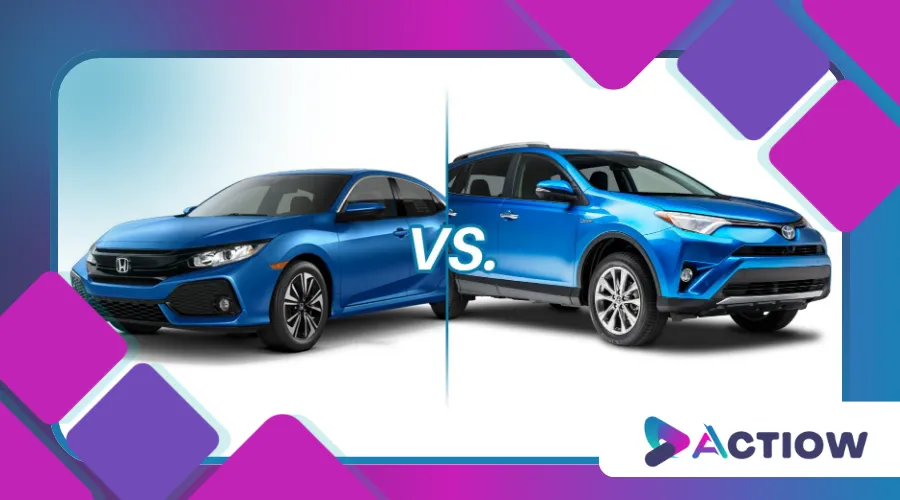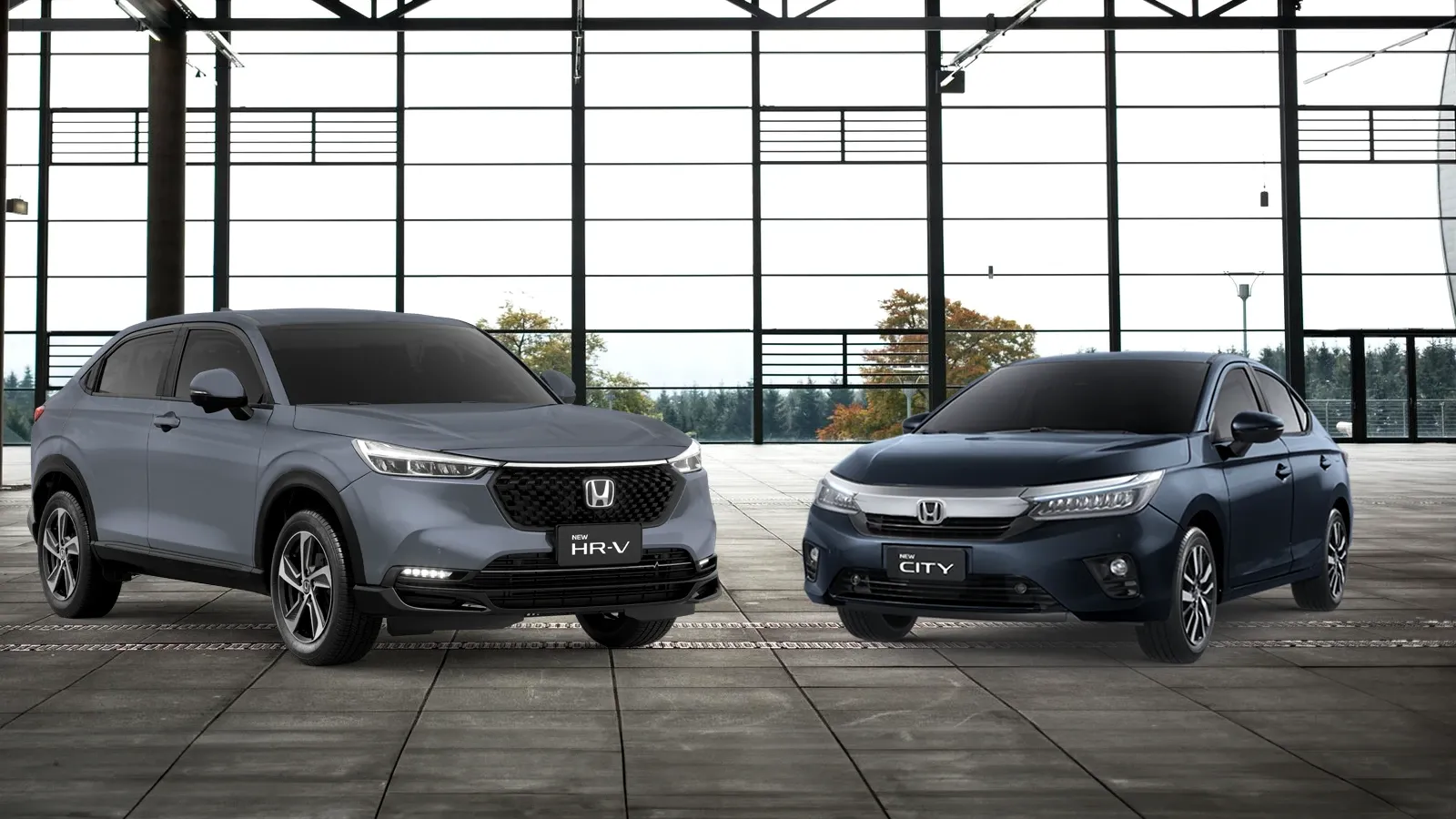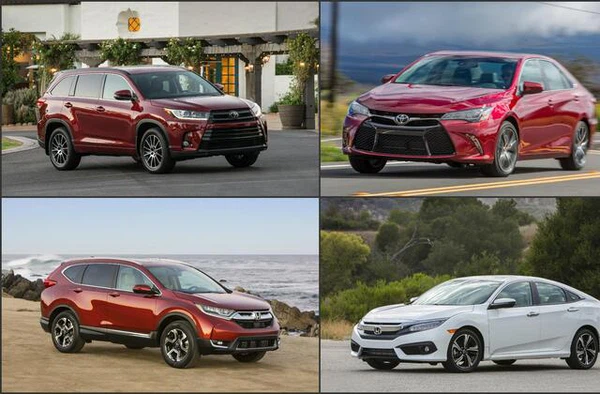SUV or Sedan? Find the Best Car for Your Needs in 2025

Anúncios
The age-old debate — SUV or Sedan — remains as relevant as ever in 2025. Which is better? We’ll see in this article.
With evolving automotive technology, shifting consumer preferences, and a growing emphasis on efficiency and versatility, choosing between these two body styles isn’t just about looks—it’s about matching your lifestyle.
Whether you prioritize space, fuel economy, driving dynamics, or cutting-edge tech, this guide breaks down the key factors to help you decide.
Anúncios
As the automotive market continues to evolve, understanding the latest trends can also aid in your decision.
For instance, the increasing popularity of hybrid and electric vehicles has blurred the lines between these categories, making it essential to consider how powertrains affect performance and efficiency.
The Great Divide: Understanding Core Differences
Before diving into specifics, let’s outline the fundamental contrasts between SUVs and sedans.
SUVs dominate with higher seating positions, all-wheel-drive availability, and rugged aesthetics.
Sedans, on the other hand, excel in agility, fuel efficiency, and a lower center of gravity for sharper handling.
A 2025 study by J.D. Power reveals that 56% of new car buyers still lean toward SUVs, citing cargo space and safety as top motivators.
However, sedans are making a comeback among urban drivers and performance enthusiasts.
Additionally, the rise of compact SUVs has attracted buyers who seek the benefits of an SUV but in a smaller, more manageable package.
This shift indicates that consumer preferences are dynamic, with many buyers considering their unique needs before making a choice.
Furthermore, the introduction of new technologies and features in both segments is influencing buyer decisions, as consumers look for vehicles that offer the latest advancements in safety and convenience.
1. Space & Practicality: Who Wins?
If hauling gear, pets, or a growing family is a priority, SUVs hold a clear advantage.
Models like the 2025 Hyundai Tucson Hybrid offer up to 38.7 cu-ft of cargo space, while most midsize sedans max out around 15 cu-ft.
Cargo Space Comparison (2025 Models)

+ Electric Cars 2025: Discover the Models That Will Dominate the Roads
| Model | Cargo Space (cu-ft) |
|---|---|
| Honda CR-V (SUV) | 39.3 |
| Toyota Camry (Sedan) | 15.1 |
Yet, sedans like the Tesla Model 3 compensate with frunk storage (front trunk) and sleeker designs that improve aerodynamics—key for maximizing EV range.
Moreover, the modularity of SUVs allows for flexible seating arrangements, making them ideal for families or outdoor enthusiasts.
As lifestyles continue to evolve, the need for versatile vehicles that can adapt to different scenarios becomes increasingly important.
For instance, many families appreciate the ability to fold down rear seats for larger cargo, while single professionals might prioritize a vehicle that offers both storage and sporty handling.
2. Fuel Efficiency & Environmental Impact
Sedans traditionally outperform SUVs in MPG ratings due to lighter frames and streamlined shapes.
The 2025 Toyota Prius achieves an estimated 57 MPG combined, while even hybrid SUVs like the Ford Escape Hybrid cap at 41 MPG.
However, electric SUVs are closing the gap.
The 2025 Kia EV9 delivers 300 miles per charge, proving that eco-conscious buyers don’t have to sacrifice space for sustainability.
As manufacturers invest in developing more efficient powertrains, the gap between sedans and SUVs in fuel efficiency is narrowing.
This trend is likely to continue as technology advances, making it crucial for consumers to stay informed about the latest developments.
Moreover, the growing awareness of climate change and environmental issues is prompting more buyers to consider the ecological impact of their vehicle choice.
This shift in mindset is pushing manufacturers to enhance their green technologies, leading to more sustainable options across both segments.
3. Driving Dynamics: Comfort vs. Agility
Prefer a planted, engaging ride?
Sedans like the BMW 5 Series offer precision steering and minimal body roll.
SUVs, meanwhile, provide a commanding view of the road—ideal for highway confidence—but often trade nimbleness for stability.
Handling Comparison (Subjective Ratings)
| Aspect | Sedan (e.g., Mazda6) | SUV (e.g., Subaru Outback) |
|---|---|---|
| Cornering | 9/10 | 6/10 |
| Ride Comfort | 7/10 | 8/10 |
Additionally, advancements in suspension technology have allowed some SUVs to improve their handling characteristics significantly.
This development means that buyers can now enjoy the best of both worlds, with some models offering sporty driving dynamics typically associated with sedans.
Furthermore, the choice of tires and wheel sizes can also impact the driving experience, with performance-oriented tires enhancing the handling of both sedans and SUVs.
Ultimately, your driving style and preferences will play a significant role in determining which vehicle type suits you best.
++ Comparison: Tesla Model 3 vs Hyundai Ioniq 6 – Which Is Worth It?

4. Tech & Safety: Which Leads?
Both segments now pack advanced driver aids like autonomous highway driving and 360-degree cameras.
However, SUVs often integrate off-road assist tech (e.g., Land Rover’s Terrain Response), while sedans focus on parking sensors and lane-keeping precision.
As technology continues to evolve, both categories are likely to see enhancements that improve safety and convenience.
For instance, features like adaptive cruise control and collision avoidance systems are becoming standard across many models, regardless of body style.
Moreover, the integration of smartphone connectivity and infotainment systems has transformed the driving experience in both SUVs and sedans.
With features like Apple CarPlay and Android Auto, drivers can easily access navigation, music, and communication tools, making their journeys more enjoyable.
5. Cost of Ownership: Depreciation & Maintenance
Sedans generally depreciate slower, with models like the Honda Accord retaining 60% of value after three years.
SUVs, despite higher initial prices, dominate resale markets—Toyota RAV4s hold 65% value over the same period.
Understanding the long-term costs associated with each type can significantly influence your decision.
For example, while SUVs may have higher maintenance costs, they often provide greater utility, which can justify the expense for many buyers.
Additionally, insurance rates can vary significantly between the two body styles, with SUVs sometimes incurring higher premiums due to their higher purchase prices and repair costs.
It’s essential to factor in these costs when considering your budget and overall financial commitment to a vehicle.
Final Verdict: Should You Choose an SUV or Sedan?
- Pick an SUV if: You need space, sit higher for safety, or frequently tackle rough terrain.
- Opt for a sedan if: You prioritize fuel efficiency, sporty handling, or urban maneuverability.
The SUV or Sedan dilemma ultimately hinges on personal needs.
Test drive both, weigh your daily demands, and let practicality—not trends—guide your 2025 car purchase.
By staying informed, you can make a decision that best suits your lifestyle and preferences.
